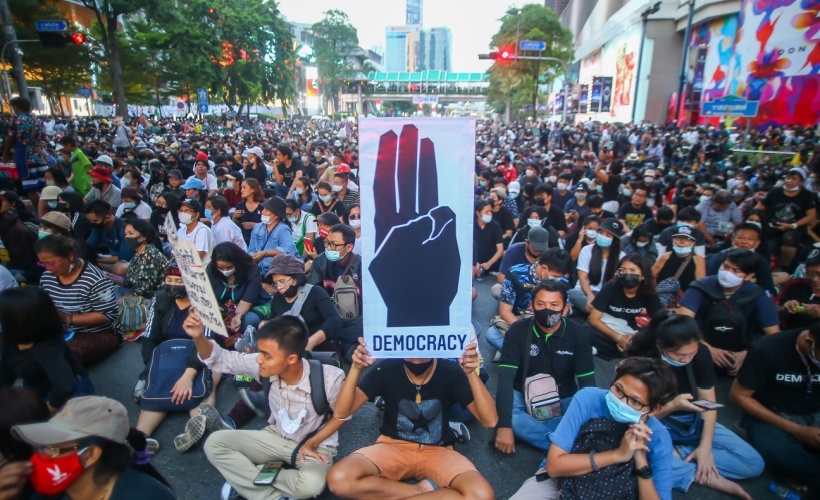Why do we go to war over national territories? This talk supplements geopolitical analyses of the strategic value of sea lanes and land to explore how ‘national psychological ownership’ shapes foreign policies. Taking the historical dispute between China and South Korea over the ancient Gaogouli/Goguryeo Kingdom as a case study, this talk explores the individual-level psychological micro-foundations of territorial disputes. A 2020 survey experiment in South Korea pitted ‘ours’ vs ‘theirs’ Goguryeo imitation Wikipedia maps and entries to explore their downstream consequences. It revealed direct, indirect, and conditional effects. Exposure to China’s claim to the Kingdom undermined Korean pride, increasing dislike of China, and lessening the desire to cooperate with it. Pre-existing levels of nationalism divided South Koreans in how angry they became after exposure the Wikipedia primes. That anger, however, only shaped the China policy preferences of those South Koreans who viewed the balance of military power with China favourably. Implications for ownership disputes over kimchi and other national possessions are also discussed, as are the implications of historical conflicts for war and peace in twenty-first-century East Asia.
Panel:
Peter Gries – Lee Kai Hung Chair and Director of the Manchester China Institute, and Professor of Chinese Politics
William Hurst – Chong Hua Professor of Chinese Development, and Deputy Director of the Centre for Geopolitics







